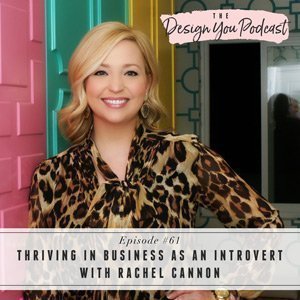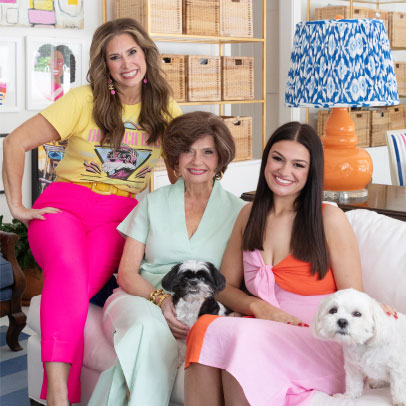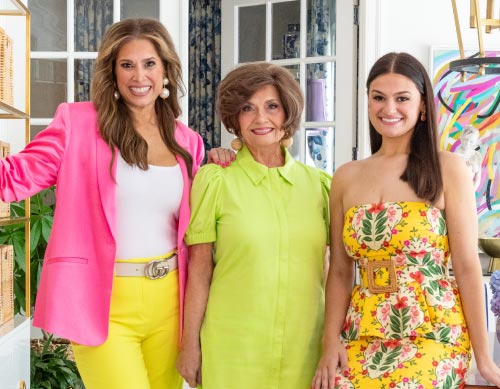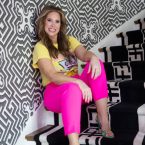
If you identify as an introvert, you might think you’re at a disadvantage living in a seemingly extroverted world, and I don’t blame you. This week, I’ve got my very close friend and super talented interior designer, Rachel Cannon on the podcast to share her thoughts on not just making do, but thriving in our industry as a creative introvert.
Rachel is the perfect guest for what we’re diving into on the show today – introverts versus extroverts, and the best way to implement systems and boundaries within your business to best fit your personality type. As an extrovert myself, hearing Rachel’s thoughts have definitely given me a new perspective and a deeper understanding of the other side of the spectrum, and I know all of you are going to love it.
Join us to hear some amazing insights from Rachel on how she runs her super successful business and her tips on managing a presence on social media as an introvert, as well as the difficult lessons she’s learned along the way!
If you’d love to interact with and ask any questions you might have for Rachel or other guests who have been on the podcast, make sure you join my free Facebook group! We’ll be telling you in that group very soon about what days and times we’ll have them on to stream Facebook Lives, so get in there!












